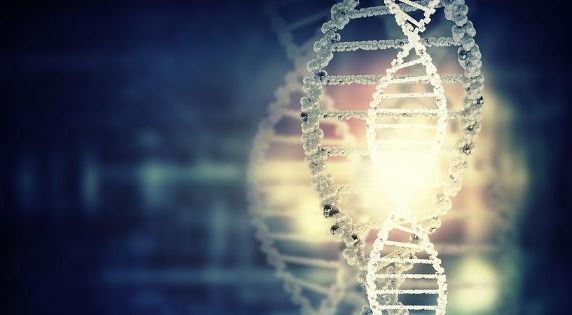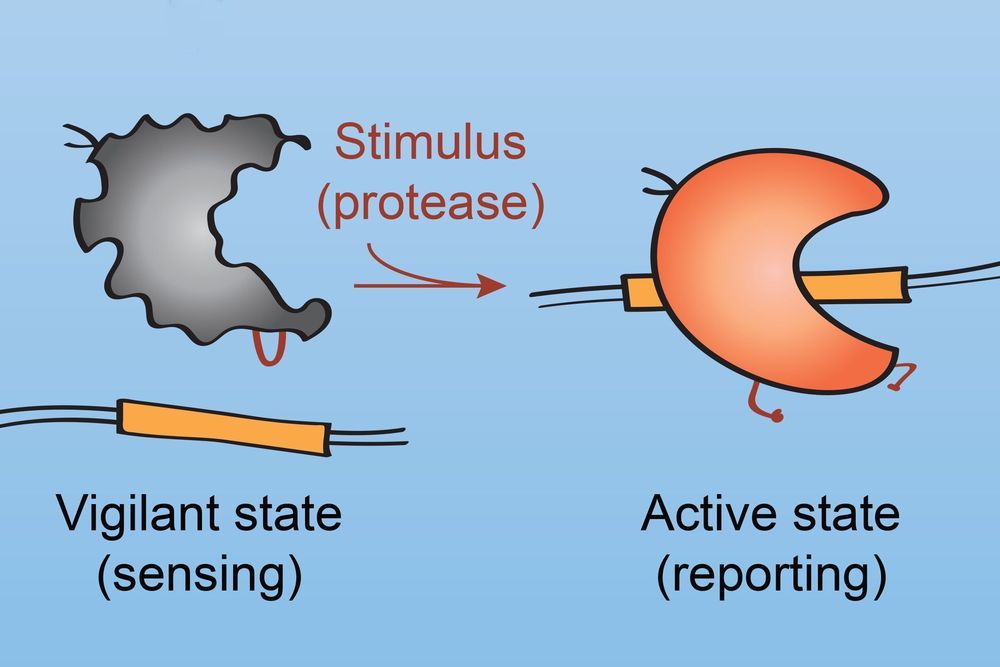The future of medicine involves the precise engineering of human cells. Turns out, that future may not include that promising CRISPR technique.


Today, we chronicle the progress of OSKM and discuss how this powerful treatment may be able to reprogram cells back into a youthful state, at least partially reversing the hallmark of epigenetic alterations and other hallmarks as well.
The birth of cellular reprogramming
In 2006, a study by Drs. Takahashi and Yamanaka showed that it was possible to reprogram cells using just four master genes named oct4, sox2, klf4, and c-myc, or OSKM for short [1]. Prior to this, it was assumed that egg cells (oocytes) would contain a complex array of factors needed to reprogram a somatic cell into becoming an embryonic cell. After all, the feat of transforming an aged egg cell and reprogramming it to make a new animal must be controlled by many factors present in the egg cell, or so they thought.

The breakthrough engineering technology, outlined in a new study published today in Nature, dramatically advances research of vascular diseases like diabetes, identifying a key pathway to potentially prevent changes to blood vessels — a major cause of death and morbidity among those with diabetes.
An organoid is a three-dimensional structure grown from stem cells that mimics an organ and can be used to study aspects of that organ in a petri dish.
“Being able to build human blood vessels as organoids from stem cells is a game changer,” said the study’s senior author Josef Penninger, the Canada 150 Research Chair in Functional Genetics, director of the Life Sciences Institute at UBC and founding director of the Institute for Molecular Biotechnology of the Austrian Academy of Sciences (IMBA).

The past of our ancestors lives on through us: Groundbreaking research illustrates how parental experience is not only epigenetically imprinted onto offspring, but onto an unprecedented number of future generations. Rather than occurring over the elongated time scale of millions of years, genetic change can transpire in real biological time through nanoparticles known as exosomes…
Until recently, it was believed that our genes dictate our destiny. That we are slated for the diseases that will ultimately beset us based upon the pre-wired indecipherable code written in stone in our genetic material. The burgeoning field of epigenetics, however, is overturning these tenets, and ushering in a school of thought where nurture, not nature, is seen to be the predominant influence when it comes to genetic expression and our freedom from or affliction by chronic disease.
Epigenetics: the demise of biological determinism.

2019 will be the year in which we discover molecules and properties that are as yet unknown to humans. The breadth of biology and the enormous flexibility of genetic material will provide us with an ideal platform to explore an effectively unlimited number of molecules for novel materials and solutions. We will ultimately leave behind hydrocarbons and truly enter the biological age.
Joshua Hoffman is cofounder and CEO of Zymergen
– Meet the companies fixing depression by stimulating neurons.

I’m excited to share my new article from Quartz on how science will make it safer and easier for a 50-year-old woman to have a child in 2028 than a 25-year-old woman today. #IVG and #DelayedFertilityAdvantage are game changers.
Women’s biological clocks drive human conception—and, in turn, human history.
Biology’s inflexible window of female fertility is generally agreed to be between the ages 18 and 35. Any older, and the risk of miscarrying, not getting pregnant at all, or bearing unhealthy children skyrockets. When the average lifespan for a woman in the Western world now hovers at around 80 years old, this means that less than 25% of her life can be spent easily (and safely) procreating.
Men have the luxury of being able sow their seed for most of their lives with few health ramifications (which is why someone like 72-year-old US president Donald Trump has a 12-year-old child). By comparison, the average woman will only ovulate 300 to 400 eggs in her lifetime, which means she only has the same amount of menstrual cycles to ever pursue procreation.
This seemingly unfair accident of human biology is all about to change, thanks to transhumanist science. Genetic editing combined with stem-cell technology will likely make it safer for a 50-year-old woman to have a baby in 2028 than for a 25-year-old woman in 2018. In two decades’ time, healthy 75-year-old women could be starting new families once more.

A host of companies are developing regenerative treatments that lean on stem cells. Seeing an opportunity, Japan’s Fujifilm will build a U.S. stem cell manufacturing facility not only for its own efforts but also as a CDMO.
The company said today that its Fujifilm Cellular Dynamics Inc. (FDCI) subsidiary will invest about $21 million to build a facility in Madison, Wisconsin, to “industrialize” induced pluripotent stem cell technologies for its pipeline of regenerative drugs and to manufacture iPS cells for others. It expects the facility to be ready by March 2020.
“To meet the growing demand for FCDI’s iPS cell platform, the state-of-the-art production facility will have a flexible cell culturing design to serve production requirements of both industrial quantities of cells, and small, diverse batches,” Seimi Satake, FCDI CEO, said in a statement. “By combining Fujifilm’s experience gleaned from the intricate process of manufacturing photographic film along with FCDI’s knowledge of cell reprogramming, genetic engineering and cell differentiation, the facility is poised to address the complex manufacturing processes of cell therapies.”


Thanks so much to Luanna Helena for having me on Creatively Speaking Radio to discuss Bioquark Inc. (http://www.bioquark.com) and nature’s clues for human regeneration, disease reversion, and age rejuvenation -
Also got to introduce our new mosquito / “ectocrinome” research program — (https://www.bizjournals.com/philadelphia/news/2019/01/02/bio…nefit.html) —
http://blogtalkradio.com/creativelyspeaking/2019/01/12/episode-79-ira-pastor
